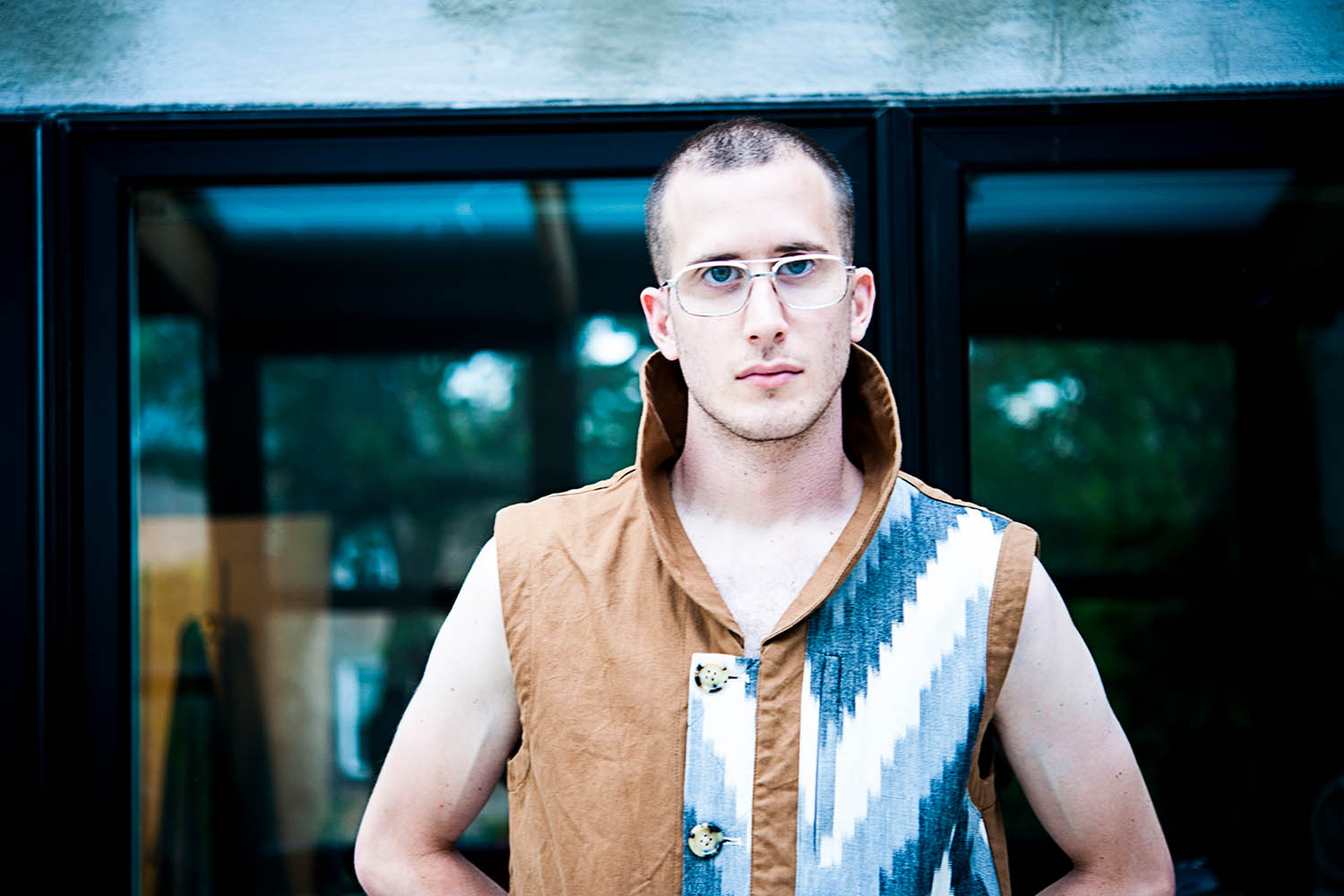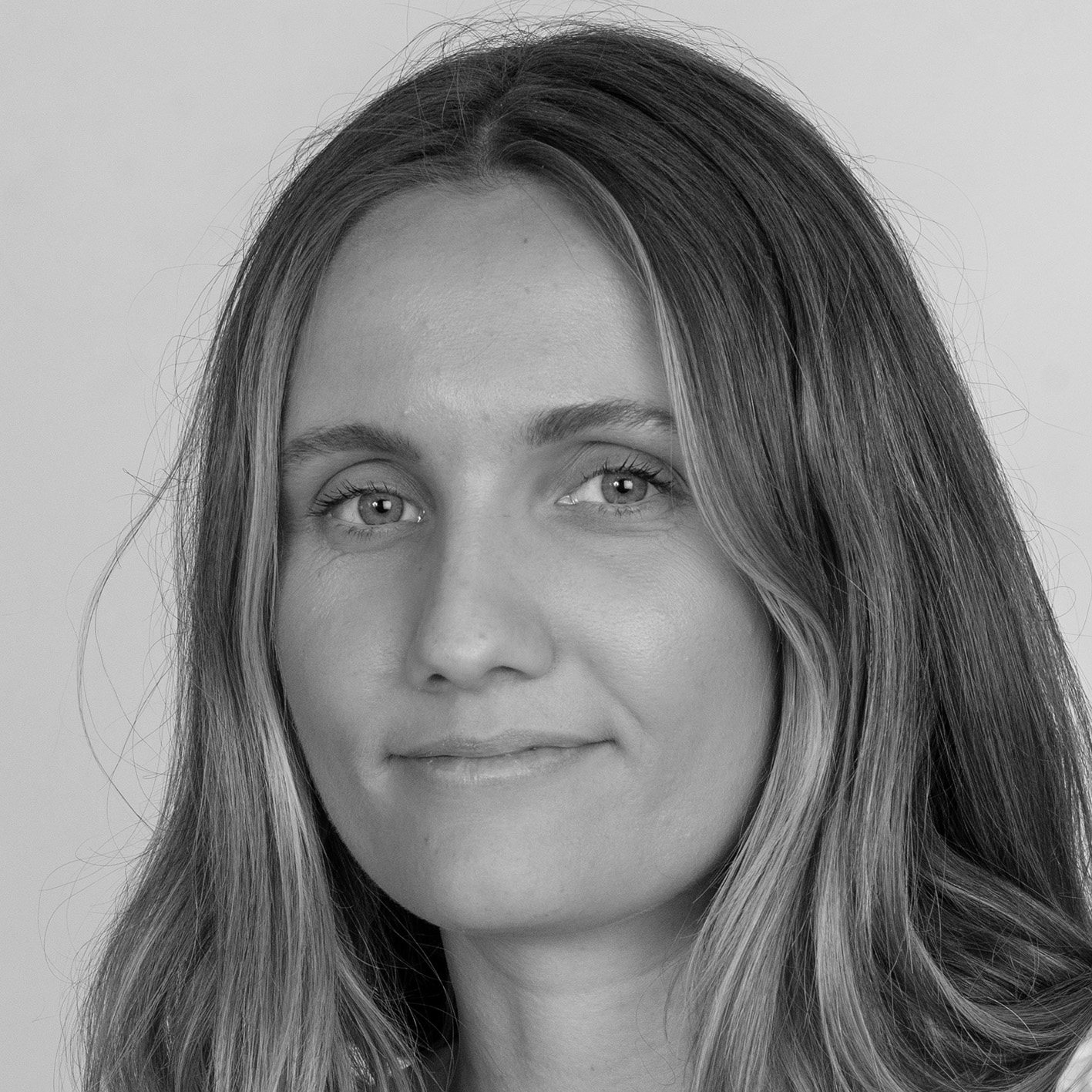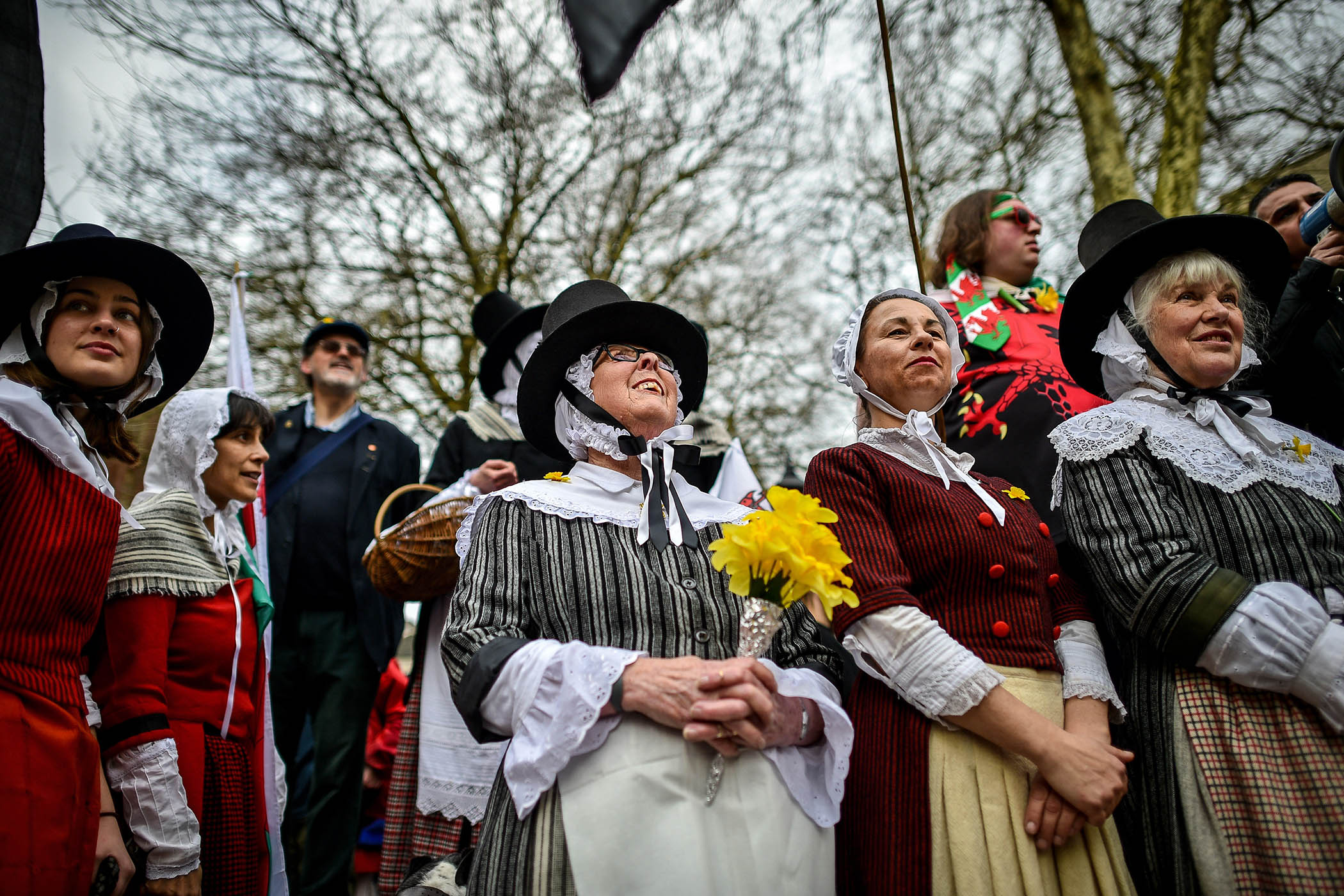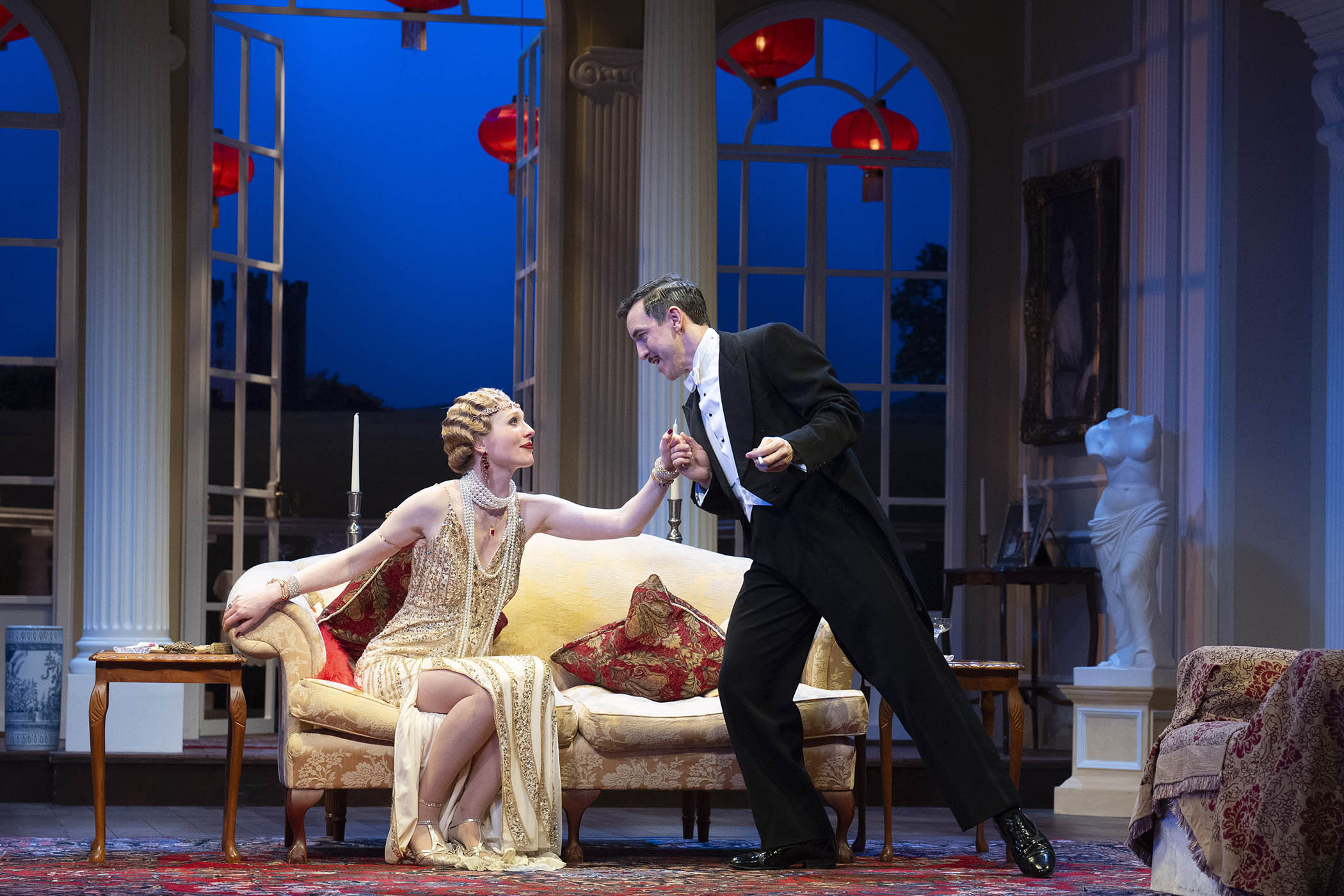In the months after the poet Max Ritvo died, the playwright Sarah Ruhl kept seeing small heart shapes on New York’s streets. “I saw them so often at strange moments when I needed them,” she says. “Often they were just bits of litter shaped like a heart but perfectly sculpted in foil.” To another observer, these pieces of rubbish could have been simply a sign of how filthy the city was, but Ruhl chose to see it as a message from her friend.
Ritvo was a student of Ruhl’s at Yale; she had discovered his application to her creative writing course in a stack of pre-rejected letters and subsequently wondered how it could ever have ended up in that pile. Ritvo was a dedicated and lively poet, whose work was later published in the New Yorker. In him, Ruhl instantly saw a kindred spirit with a wisecracking sense of humour and an obsessive love of language. She clearly remembers the first time he walked into her classroom: skinny and bespectacled, with wild, bright eyes and a wisdom that seemed accumulated from many lifetimes. “There was something very present-moment about Max that stood out,” she tells me. “I think, having faced death so young, he didn’t have time to waste. It was like he was plugged into some bigger electricity.”
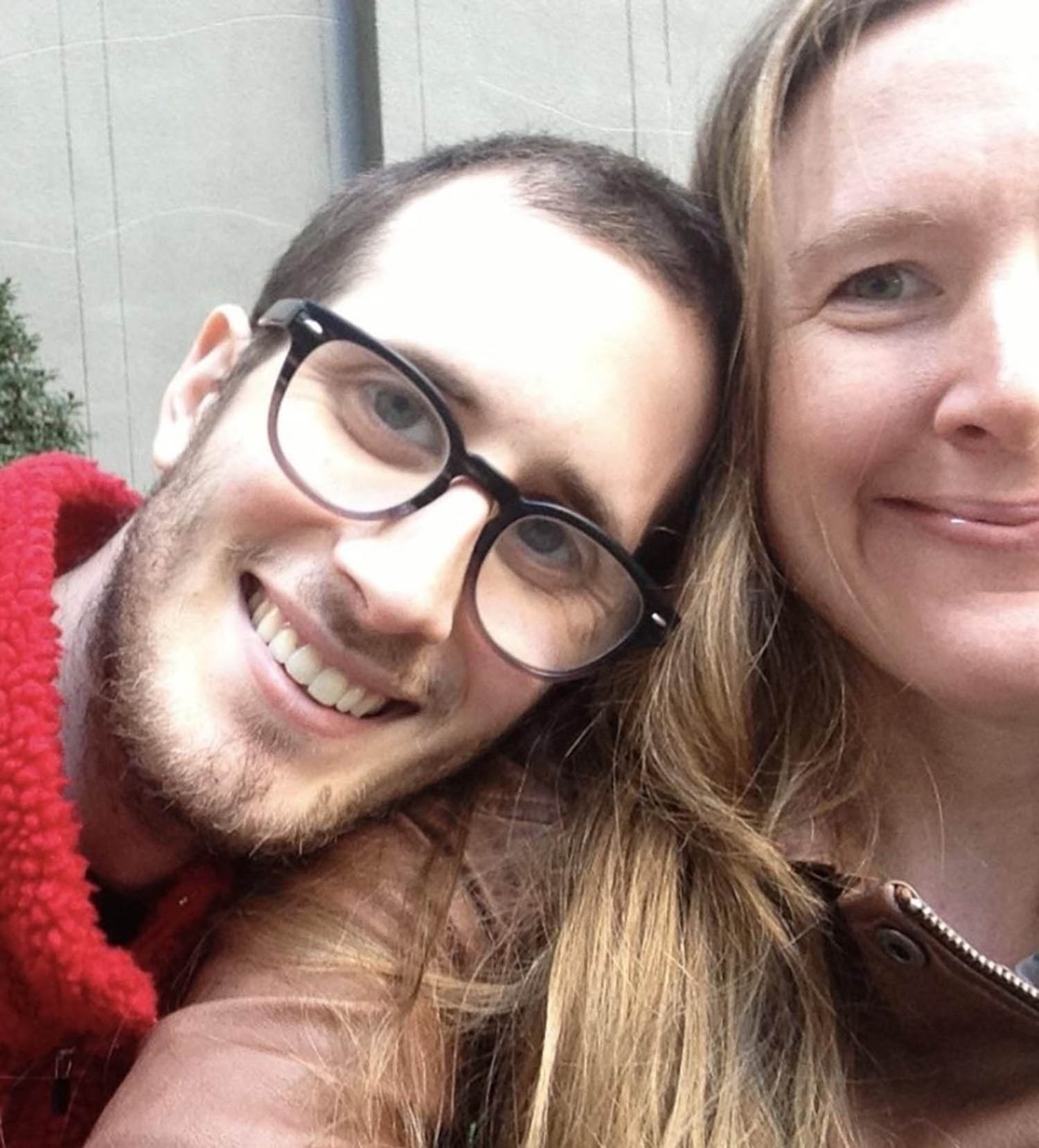
Ritvo died in August 2016 after the cancer he had while at school recurred during his time studying at Yale. Ewing sarcoma is a rare, aggressive form of bone cancer that primarily affects children and young adults. Throughout Ritvo’s illness, he and Ruhl had a sprawling, continuous conversation over email, voice note and text message, offering poetry to each other as though a candle in moments of darkness. These exchanges, which oscillate between the profound and the juvenile – ranging from what awaits us after death to constipation remedies – were published as a book, Letters from Max, which they worked on together before Ritvo died.
After Ritvo’s death, Ruhl adapted the story into a play that ran off-Broadway in 2023 and opened at the Hampstead theatre in London this week. Ritvo seemingly approved the new staging in a conversation that appears early in the play. “He said, bizarrely, in a very early letter to me: ‘Maybe whatever comes of all this, we’ll get a good play out of it,’” says Ruhl. “It was such a surprising thing for me to look back and read, because it was before Max and I had become really good friends. I saw, in that, a sort of permission.”
Before the initial production of Letters from Max, Ruhl feared that watching an actor play her departed friend might feel like an odd intrusion, but instead she discovered that giving a voice to his poetry cast a kind of spell. “Having his words spoken in the present tense was so delightful. It was never going to be conjuring him, but it was conjuring some of his energy and his way of seeing the world.”
Sarah and Max were completely changed by having this other person a part of their lives
Sarah and Max were completely changed by having this other person a part of their lives
Ritvo’s way of seeing the world, even as his body faded and he spat “dark tangerines of blood”, found him committed to life’s comedic absurdities. While in hospital for chemotherapy, he sent Ruhl a photograph of himself as the cartoon character Wilma Flintstone, with “full makeup, and his chemo port visible above his animal pelt”. Later, Ruhl visited him in hospital bearing soup, which in the play becomes part of a secret language of caring between them.
Max: “Of course you brought soup. Soup is your religion.”
Sarah: “Soup never lets you down. And, unlike priests, soup never molests children.”
In writing the play, Ruhl sifted through many more emails than she could include, aware there was a limit to how densely she could pack it with poetry and still expect an audience to take it in. Ruhl, a MacArthur “genius” grant recipient, has twice been a Pulitzer prize finalist, for her plays In the Next Room, about the early history of the vibrator, and The Clean House, in which a married doctor falls in love with one of his patients. She has also written a play based on the letters exchanged by Robert Lowell and Elizabeth Bishop. The correspondence between the two US poets lasted for three decades and ended only with Lowell’s death in 1977. In dramatising their story, Ruhl learned to spot where the intrigue truly lay. “I’d think, ‘Oh, this letter is very dramatic, it should go in because it’s about the coup in Brazil.’ Then I realised it was not dramatic at all because it had no bearing on the relationship. What we’re following in epistolary drama is the relationship between the writers.”
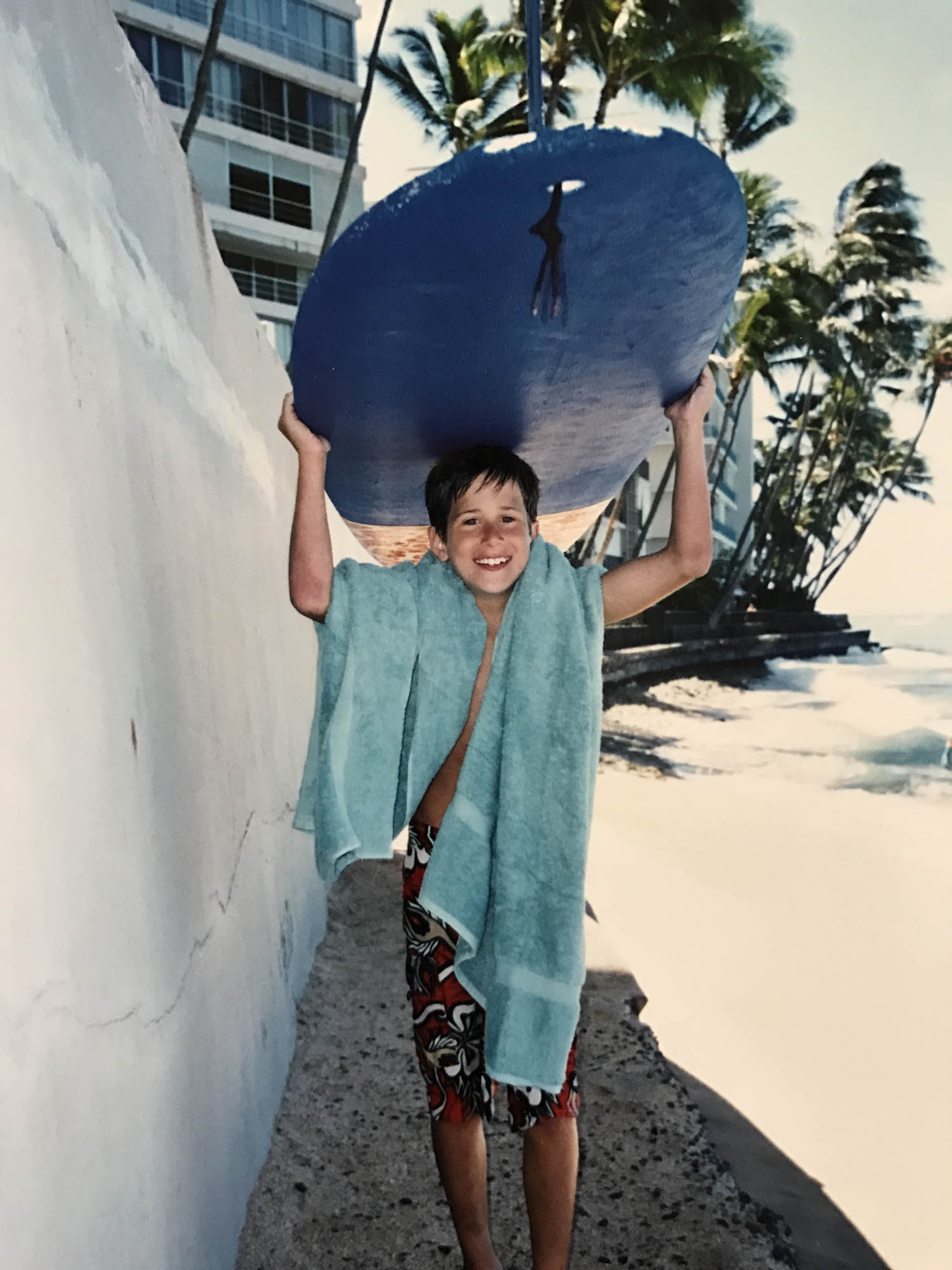
For the London production of Letters from Max, Ritvo is played by the US actor Eric Sirakian, who was also in Ruhl’s creative writing class at Yale. There, he recalls, he witnessed the first time that Ritvo and Ruhl met and “felt the sparks flying in the classroom” as it grew into something much more profound.
Newsletters
Choose the newsletters you want to receive
View more
For information about how The Observer protects your data, read our Privacy Policy
When I speak to Sirakian he is in the middle of rehearsals for the play, and every day he finds a new favourite part of the story. He mentions a scene in which Ritvo and Ruhl haven’t seen each other for months because of his illness. They reunite at the Iris cafe in Brooklyn, where Ritvo stands to loudly perform a poem, mortifying Ruhl in the process. “He puts on a show, which maybe speaks to the theatrical language that I think he and Sarah both appreciate and gravitate towards,” he says.
Sirakian says that Ritvo had initially resisted ordering the letters in the book chronologically for fear it would lead to the typical narrative arc of a sad story about cancer. “It is, up until the last moment, a person who wants to transcend the physical limitations of a terrible illness,” says Sirakian of the play’s energy and joy. “I think that’s definitely true to Max. He would hate to be called inspiring.”
In playing Ritvo, Sirakian focused less on imitating his mannerisms and more on trying to channel his spirit and different aspects of his character. He spent time with Ritvo’s family and tried to hold on to the person Ritvo had been before he became sick. “Grappling with this illness brought out other sides of him, which were not who he was,” says Sirakian. “He loved the world, and the world didn’t love him back.”
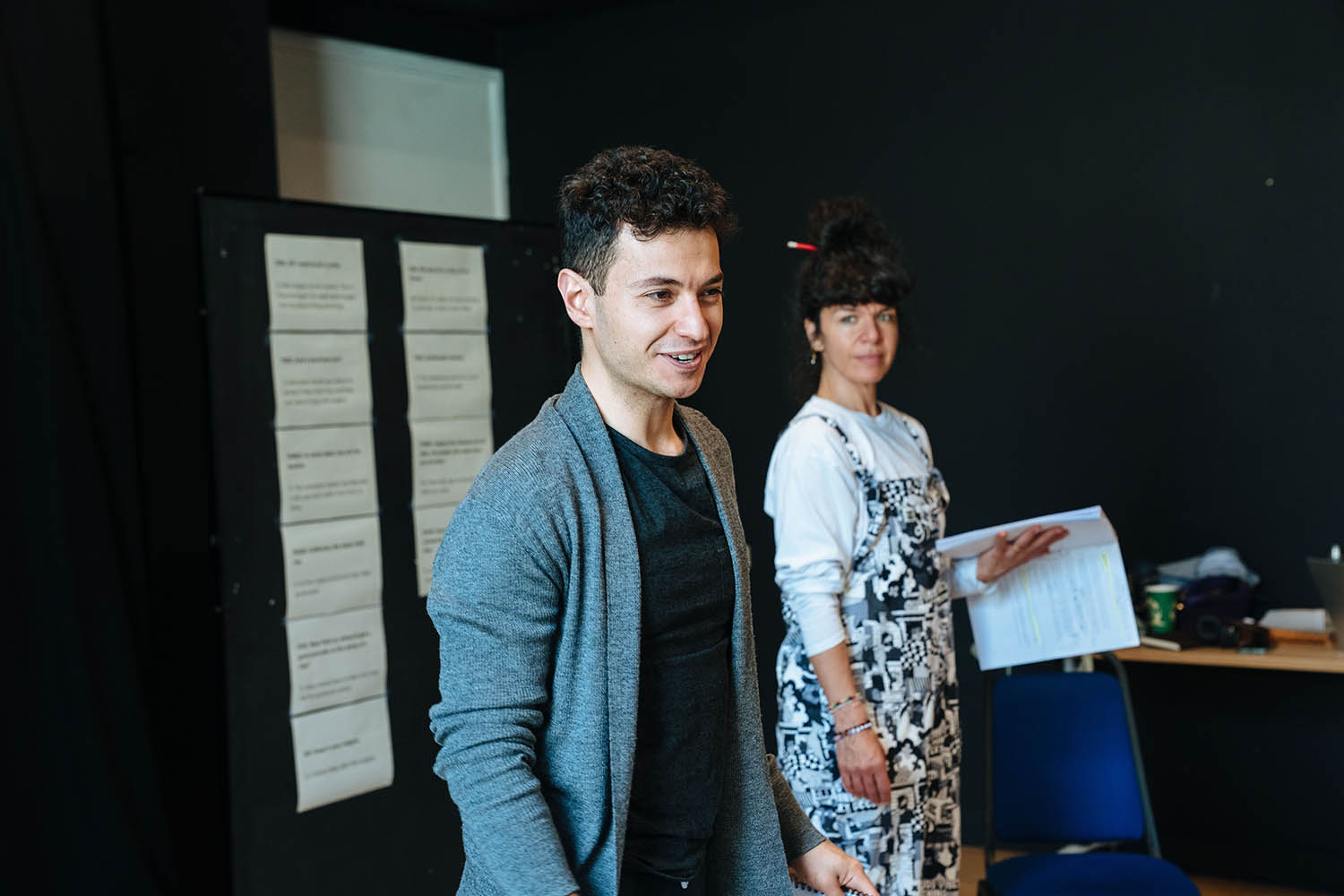
During the play’s interval, audience members are invited to send a letter to a loved one in a prepaid envelope provided by the theatre. This letter-writing exercise began in New York, where the play was staged in the shadow of the pandemic, and a collective sense of grief loomed large. Inviting different kinds of reflections on relationships and loss is important to Ruhl, who doesn’t want the play to only speak to people in similar circumstances to her and Ritvo.
For Sirakian, the surprisingly underexplored subject of profound friendship drew him to the story. “We have so many plays about romantic love,” he says. “We have so many plays about family drama. We don’t really talk that much about deep, deep friendship and what it means and how it can change someone’s life. [But] I know without a doubt that both Sarah and Max were completely changed by having this other person a part of their lives.”
Letters from Max, and the various forms it has taken over the years, has been a cathartic experience for Ruhl. Does she find herself still participating in that long conversation of theirs even after Ritvo is gone?
“I had a dream about Max where he said, ‘Life is swaying, go back to life’. I felt like he was instructing me very specifically, and so after that dream I consciously tried to let him go.”
But messages from Ritvo can still be found in the right circumstances. Recently, Sirakian embarked on a walking tour of places around New York that were meaningful to Ritvo’s story. He visited the Iris cafe – the scene of the dramatic poetry reading – and passed by the hospitals where Ritvo had been a patient. Sirakian also made a pilgrimage to the 13th Street Repertory theatre, where Ritvo had once read a poem about a hot dog while wearing a pink kimono. The theatre has closed down, but Sirakian felt Ritvo’s presence. “I came out on to the sidewalk and there, sure enough, was this unmistakable, giant red chalk heart. I did feel, I don’t know, maybe he’s smiling on this project and saying, ‘Go get ’em’.”
Photographs by Ashley Woo and courtesy of Sarah Ruhl; Helen Murray; and Ariella Riva Ritvo-Slifka
